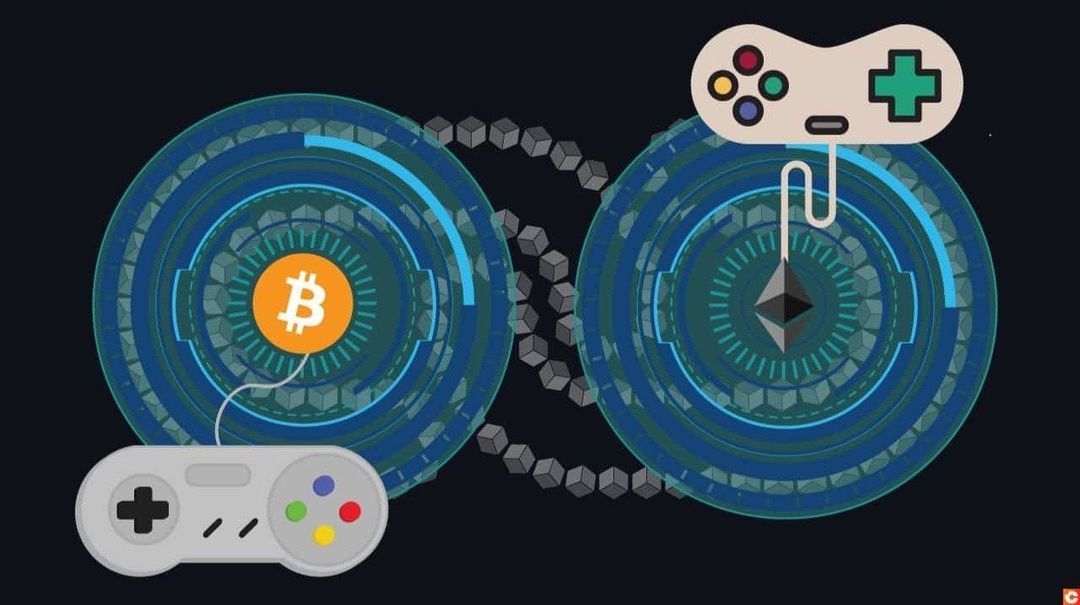Scams in GameFi: How to identify toxic NFT gaming projects

While NFTs could change the gaming economy, some blockchain-based projects can be less than honest.
Over the last couple of years, games using blockchain technology have been actively developing and attracting new players, and the decentralized games market — broadly referred to as GameFi — has gained great popularity.
The GameFi industry started back in 2013, and since then, the sphere has been slowly developing, but in 2021 the popularity of decentralized games exploded along with the boom in nonfungible tokens (NFT). According to the DappRadar analytical service, the total value of one of the most popular blockchain-based games, Axie Infinity, exceeds $550 million.
But the GameFi industry has its issues. Many projects often “launch” regardless of the game’s development stage.
And while Bitcoin’s (BTC) price trend can enhance or weaken the success of GameFi projects, there isn’t necessarily a direct correlation.
Despite the bear market, the price of many GameFi tokens is growing today due to their NFT component as investors aim to make money on the resale of in-game heroes and digital items, rather than concentrating on the improvement of game mechanics.
When choosing a GameFi project, it is worth considering the marketing and technological component: How actively the project is promoted, and what benefits the project’s token bestows upon its participants.
However, one needs to be wary about pie-in-the-sky promises from GameFi token projects, as scams abound within the space.
One of the biggest GameFi scandals was in the fall of 2021 when the Squid cryptocurrency based on the Squid Game show collapsed to almost zero after rising to $2,800.
The token, which was based on but not affiliated with the Netflix series Squid Game, first appeared in October 2021. It was a crypto game that would consist of six rounds, similar to the rounds of deadly competition in the series’ plot.
To participate in each round, users needed to pay with Squid Tokens. The game was scheduled to launch in November. Developers would receive 10% of the funds raised, and the winners of the game 90%. At the time of the token’s release, users noted that it was impossible to sell the purchased currency.
Furthermore, observers started to grow suspicious when it was discovered that there had been no official connection between the token, Netflix and the authors of the series, so they began to warn users about a possible scam. When such warnings became widespread, the scammers promptly withdrew all the money. According to several reports, the scammers made away with $3.38 million in total.
7 comments